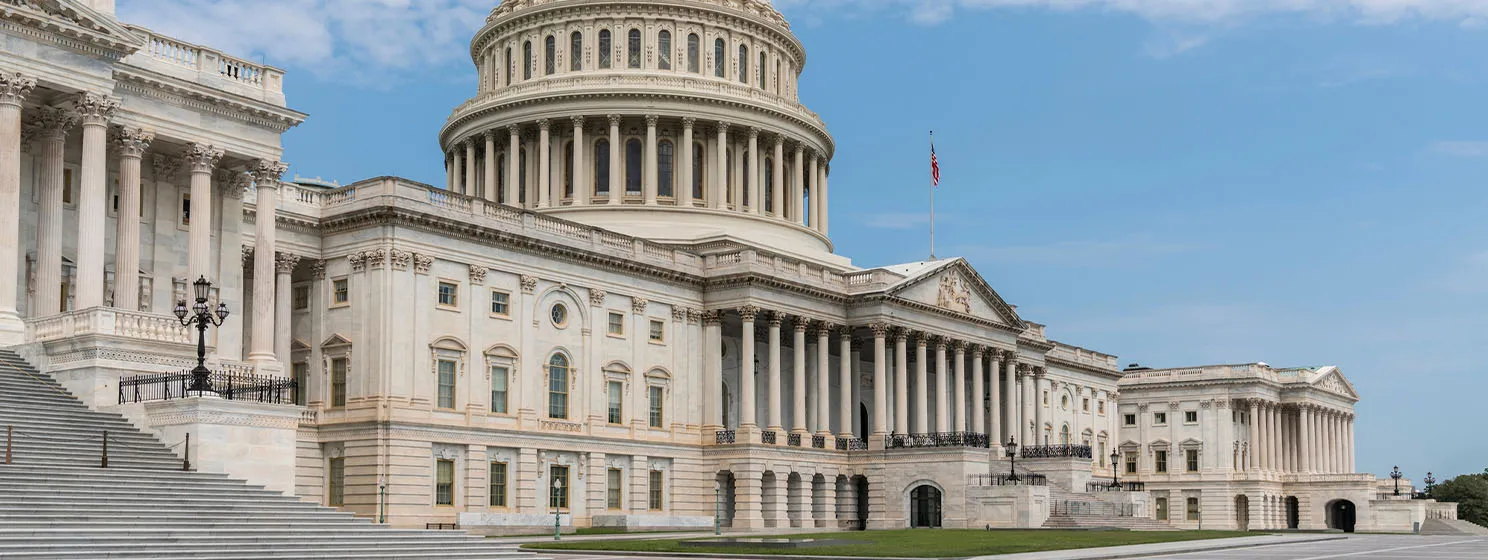
Exchange Traded Fund
Bit Digital shifts from BTC mining to ETH staking
Bit Digital took the risk and shifted to ETH staking, capitalizing on Ethereum's growing role in the digital economy.
South Korea lays out roadmap for ETFs, probes exchange fees
South Korea advances its pro-crypto pledges under Lee Jae-myung, beginning with the submission of an ETF roadmap and investigation into...
Staking status uncertain as SEC pulls brakes on ETFs
SEC questions whether the two funds representing REX-Osprey meet the definition of an "investment company" in light of their staking...
Trump crypto ventures invade House market structure hearings
Hearings on 'crypto' rules face delay after a ruckus blew up; meanwhile, Trump's sons warned about an "unauthorized" wallet using...
Why Bitcoin doesn’t need ETFs—it needs grocery stores
ETFs have their value, but they often reduce Bitcoin's intended purpose, turning it into a speculative asset with no real...
Trump’s crypto embrace delights America, unnerves Europe
Despite expectations for major announcements, Trump's speech in New York mainly focused on criticisms of Biden and the regulatory framework...
Recent
Trending
Most Views

 07-13-2025
07-13-2025 





























